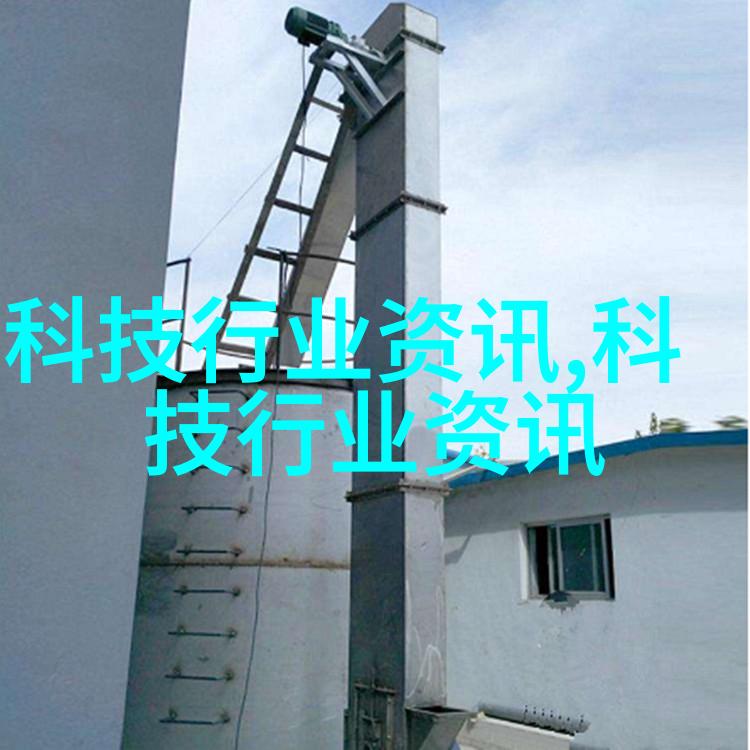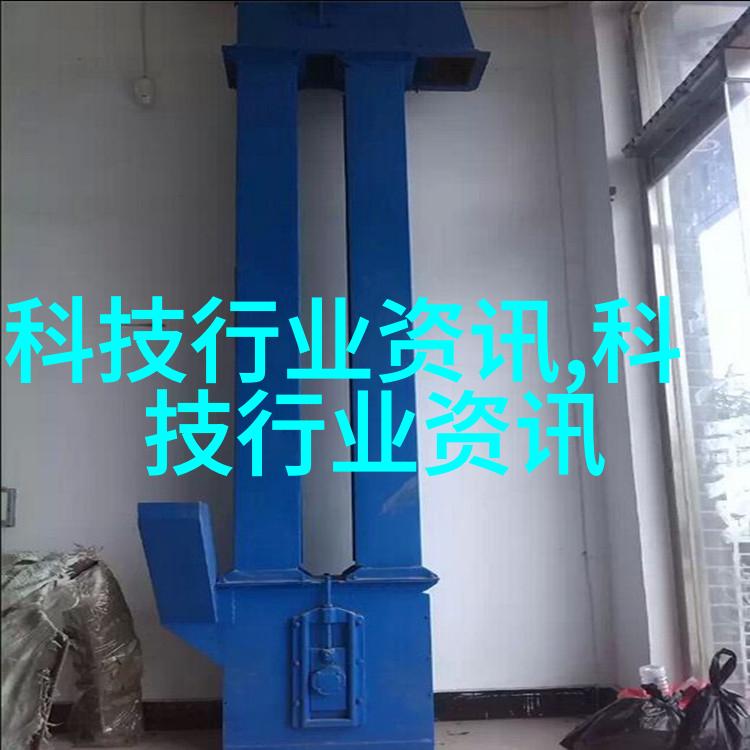2025-01-05 行业资讯 0
铁路职院:培育铁血英才,引领铁路未来

在中国的发展大潮中,铁路这一传统行业正迎来新的春天。随着“一带一路”倡议的推进和国内经济的持续增长,铁路运输业面临着前所未有的机遇与挑战。为应对这些挑战,培养更多高素质技术人才显得尤为重要。这里,就有了铁路职业技术学院这样的宝库,它们不仅承担起了教育培训的重任,还在不断地创新教学方法,让学生们能够及时适应工业4.0时代的需求。
railways are an important part of China's infrastructure, and the railway profession is a critical one that requires skilled technicians to keep trains running smoothly and safely. The Railway Vocational Technical College plays a crucial role in training these professionals.

The college offers a range of programs that cater to the needs of the railway industry, from mechanical engineering to electrical engineering, signal communication systems, and more. Students learn both theoretical knowledge and practical skills through hands-on training with state-of-the-art equipment.
One example of how effective this approach can be is Zhang Wei, who graduated from the Railway Vocational Technical College last year. After completing his studies in mechanical engineering, he landed a job at one of China's largest rail operators.

"I was able to apply what I learned directly on the job," Zhang said in an interview with local media outlet. "I'm proud to be contributing my skills towards keeping our country's rail network running efficiently."
Zhang Wei's story highlights just how vital education institutions like the Railway Vocational Technical College are for ensuring China maintains its position as a global leader in rail transportation technology.

As new technologies continue to emerge—such as high-speed rail networks connecting major cities across Asia—the need for specialized workers will only grow more pressing. To meet this demand, colleges must stay ahead of curve by incorporating cutting-edge curricula into their programs while also focusing on providing students with real-world experience through internships or apprenticeships.
In conclusion, railways have been instrumental in shaping modern society; they play an integral role in transporting people & goods across long distances quickly & efficiently (especially when compared with other modes). And so it becomes clear that investing time & resources into developing well-rounded individuals capable of maintaining such complex machinery is not merely advisable but essential if we want our transport systems functioning optimally – now & forevermore!
